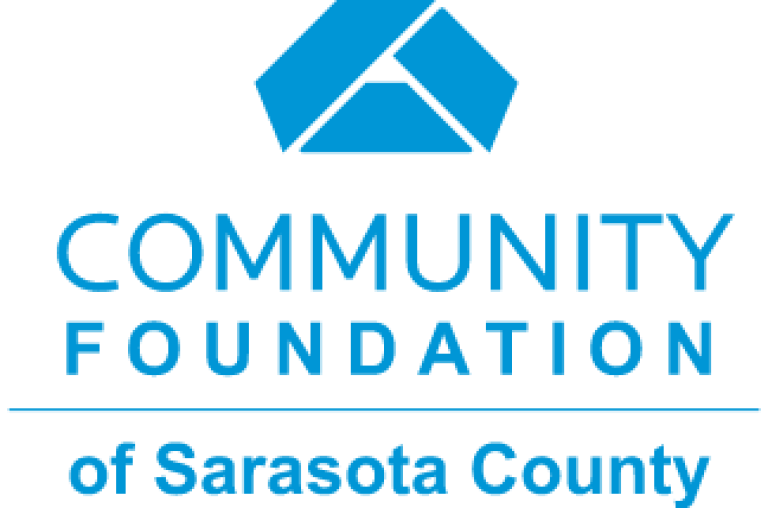November 13, 2024
Charitable Gifting Strategies
Categories: Professional Advisors, Legal,
There are many types of assets to consider for gifting other than a cash gift. The Community Foundation of Sarasota County can accept non-cash gifts, such as appreciated stock and real estate, and illiquid complex assets, such as closely held business interests, into a fund held for future charitable grant distributions and advised by the donor. We recommend, however, first and foremost, the donor should always talk to their tax advisor before deciding the type of asset they will gift.
Gifting Appreciated Stock: Gifting appreciated stock that has been held for more than a year allows a donor to deduct the full fair market value on the date of the gift while avoiding paying capital gains tax. The gift may be contributed to a donor advised fund, which can be used over time to support nonprofit organizations and charitable causes they care about. Further, making a large gift of appreciated stock in the current tax year would allow a donor to take advantage of “bunching” the gift. For example, a donor contributes a large amount stock (i.e., $40,000) to their donor advised fund in the current tax year, itemize the gift(s) on their tax return, and receive an income tax deduction for the gift. The next tax year after “bunching” such gift, a donor may take the standard deduction (presently $14,600 for single filers and $29,200 for married couples filing jointly) on their income tax return and use the donor advised fund to make their annual charitable gifts for that year. If a donor wishes to receive a benefit on appreciated stock (i.e., an income stream from their gift of stock), the donor should consider gifting the appreciated stock to a charitable gift annuity to receive an annual income stream for life.
IRA Required Minimum Distribution Gifts: A donor may consider contributing an IRA gift to the Community Foundation of Sarasota County to create a fund to benefit certain named organizations over a period of time for much needed support or to create a scholarship fund to provide educational support to individuals. An individual may contribute up to $108,000 from his/her traditional IRA if they are 70½ or older. While the donor will not receive an income tax deduction in the current tax year for making an IRA gift, the benefit received is not having to report the amount of the gift with the required minimum distribution amount on their income tax return. Using IRA assets to make a significant lifetime gift allows a donor to advance a bequest already planned for a favorite nonprofit and enjoy the impact of such gift during the donor’s lifetime.
Many caring donors in our community have contributed money from their traditional IRA accounts to support and benefit Season of Sharing, which provides assistance to individuals and families who experience an unforeseen circumstance – the sudden loss of a job, the serious illness of a spouse, a car that breaks down, or home damage from a storm – that makes it suddenly and unexpectedly difficult for them to afford rent, utility bills, and other life necessities. Season of Sharing helps keep individuals and families in their homes as well as helps with emergency needs.
Real Estate Gifts: A donor may gift appreciated real estate to the Community Foundation of Sarasota County. There are certain tax benefits available to a donor, provided they convey or “gift” the property to the foundation before accepting a contract in writing from a third-party buyer. The real estate proceeds may benefit a donor advised fund to be used over time to support nonprofits organizations and charitable causes the donor cares about. Qualified appraisals will be required at the time of the gift and property must be mortgage free.
Business Owners: As a business owner, exit planning can be a daunting task. In many cases charitable planning can play a powerful role to avoid taxes, provided it is considered at the onset of conducting the due diligence to seek potential buyers. A donor advised fund created at the Community Foundation of Sarasota County to accept an assignment of a donor’s business interest could serve the dual purpose of providing immediate tax benefits at the time of the business sale while providing the flexibility to the donor to give to causes they care about for years to come. Like real estate, the gift of business interests must take place before entering into a contract with a third-party buyer and a qualified appraisals will be required at the time of the gift
If you have questions about the various types of assets to consider gifting, please feel free contact Betsy Pennewill, General Counsel, and Jay Young, Vice President Philanthropy, at 941-955-3000.
